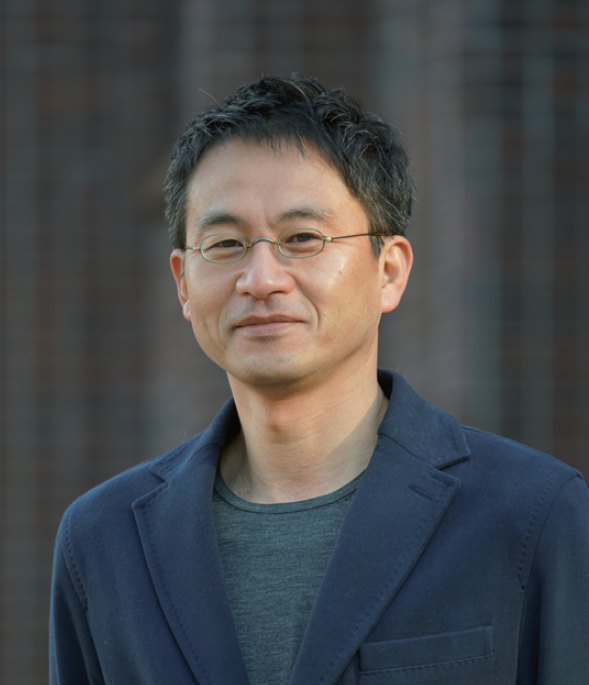Disclaimer: machine translated by DeepL which may contain errors.
Professor Shogo Tachibana Receives the Commendation for Science and Technology by the Minister of Education, Culture, Sports, Science and Technology
Seiji Sugita, Professor, Head of Department of Earth and Planetary Science

Professor Shogo Tachibana
Professor Shogo Tachibana of UTokyo Organization for Planetary and Space Science has received the Commendation for Science and Technology by the Minister of Education, Culture, Sports, Science and Technology, Prizes for Science and Technology (Research Category) for fiscal 2025. We would like to extend our sincere congratulations.
Professor Shogo Tachibana's contribution to the exploration of the asteroid Ryuguu and his cutting-edge research on the chemical evolution of the solar system is a rare combination of his steady activities in leading the exploration project and his scientifically pointed research, as the title of his achievement indicates. Professor Tachibana contributed to all aspects of the asteroid probe "Hayabusa2," from planning to sample analysis, and presented a new perspective on the chemical evolution of the solar system. What is particularly impressive is that he clearly demonstrated the significance of the exploration of C-type asteroids.
Although its scientific value is now widely recognized, there were many who questioned it at the beginning. Typically, they said, "The C-type asteroid that Hayabusa2 is aiming for has undergone water metamorphism, so the information on the early stage of the solar system has been lost. Compared to comets that have not undergone metamorphism, the C-type asteroids are less worthy of exploration. Professor Tachibana responded, "It was because of water metamorphism that H2O was transformed into highly stable hydrous minerals and arrived in large quantities in the warmer regions where terrestrial planets were formed. Water metamorphism is a key process for material transport and the formation of planetary atmospheres in the early solar system, making C-type asteroids extremely valuable for exploration. The paper was very persuasive.
The paper was very persuasive, and our remote sensing observation team felt comfortable with it. This idea was also used in the OSIRIS-REx expedition in the U.S., which started shortly after the paper was published, and it has become an international trend. I believe that this award is the result of the recognition of Professor Tachibana's excellent research and longtime efforts. I sincerely wish him continued success in his future endeavors.


